Australia, Mexico offer protection to Assange after UK rejection of US extradition request
Just a day after a UK court turned down a US plea to extradite WikiLeaks founder Julian Assange, the activist has already received pledges of support from two countries, with Australia’s prime minister declaring that Assange will be welcome back home and the Mexican president offering to grant him political asylum.
“Well, the justice system is making its way and we’re not a party to that; and like any Australian, they’re offered consular support and should, you know, the appeal fail, obviously he would be able to return to Australia like any other Australian,” said Australian Premier Scott Morrison on Tuesday in an interview with local radio station 2GB.
“So, yes, it’s just a straightforward process of the legal system in the UK working its way through,” Morrison added.
The development came after a British judge on Monday blocked an extradition request by the US, where Assange is wanted and would face criminal charges for releasing loads of confidential diplomatic and military documents exposing the extent of Washington’s disregard for human rights, international law, and sovereignty of other nations.
The UK judge argued that Assange’s mental health issues indicated that he would also be at risk of committing suicide.
The US Department of Justice insisted that it would continue to seek Assange’s extradition, with prosecutors preparing to appeal the Monday ruling at London’s High Court.
Washington accused the 49-year-old WikiLeaks founder of 18 offenses during the administration of former president Barack Obama in connection with the release by WikiLeaks of the secret US military records and diplomatic communication, which the government claimed put American lives at risk.
Many of those records unveiled covert efforts to take innocent lives or cover up atrocities by American military officers and their proxies overseas.
WikiLeaks first came to prominence when it published a US military video in 2010 showing a 2007 attack by Apache helicopters in Baghdad that killed a dozen people, including two Iraqi reporters working for the UK-based Reuters news agency. It then released thousands more of US classified files and diplomatic cables.
Assange’s supporters, however, regard him as an anti-establishment hero who has been victimized for simply exposing American atrocities in Afghanistan and Iraq during the military occupations of the two countries, and insist that his prosecution is a politically motivated assault on journalism and free speech.
Mexican president offers Assange asylum
Meanwhile, Mexican President Andres Manuel Lopez Obrador extended an offer of political asylum to Assange on Monday, a move that is certain to enrage Washington, a neighboring ally.
Hailing the decision by the British judge rejecting the American extradition request, Lopez Obrador said he wanted his foreign minister to ask the UK if it could release Assange so Mexico could offer him asylum.
“Assange is a journalist and deserves a chance,” he emphasized. “We’ll give him protection.”
The Mexican president had called on the UK last January to release Assange, describing his detention conditions as “torture” and insisting that WikiLeaks documents had showed the world’s “authoritarian” workings.
His offer of asylum to Assange sent a message that Mexico would pursue an independent foreign policy under the next US government, said a Mexican official cited in a Reuters report that spoke on the condition of anonymity.
The offer of the Mexican leader, however, drew criticism as an undiplomatic gesture, given that Obama’s former vice president, Joe Biden, is about to assume the US presidency.
“Lopez Obrador seems to be making an effort to damage US relations just as Joe Biden prepares to take office,” said former Obama administration official Mark Feierstein.
Feierstein said it was ironic that Lopez Obrador regularly attacked Mexican journalists for trying to hold his government to account, and was now supporting one who had worked with hackers to embarrass the US.
Lopez Obrador has said he expects to have good relations with Biden as president. Yet, he upset US Democrats by waiting weeks to recognize Biden’s election victory over the Republican Trump.
Two journalists killed in Israeli strikes in Gaza as death toll hits 203
Jan. 2: ‘Axis of Resistance’ operations against Israeli occupation
Iran envoy, Italian official discuss cases of detained nationals
Dozen settlers injured as Yemeni missile hits Israeli target
VIDEO | Press TV's news headlines
Israel launches new strikes against Syrian defense facilities
Netanyahu orders Israel negotiators to continue in Doha
Israeli regime strikes buildings in Lebanon’s south


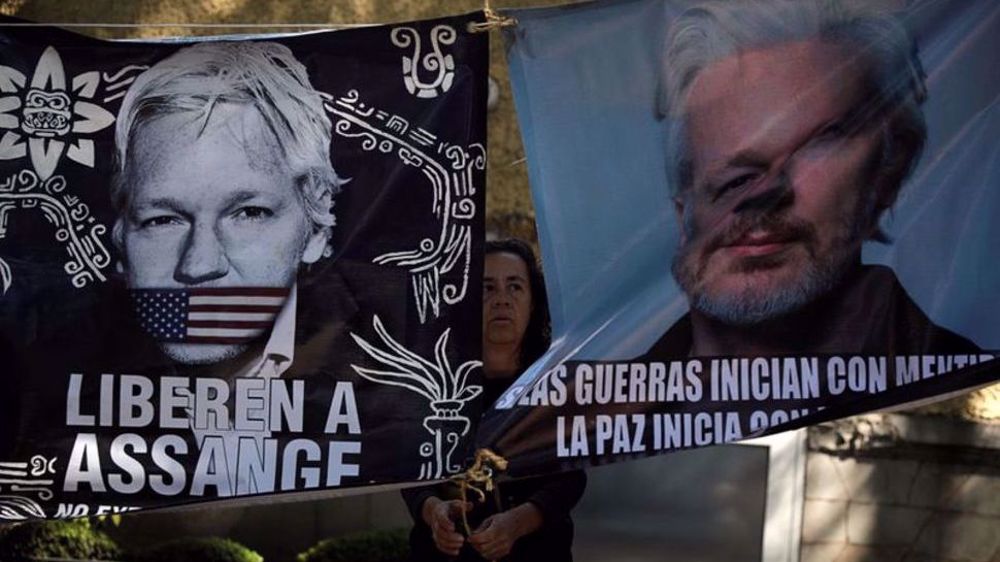

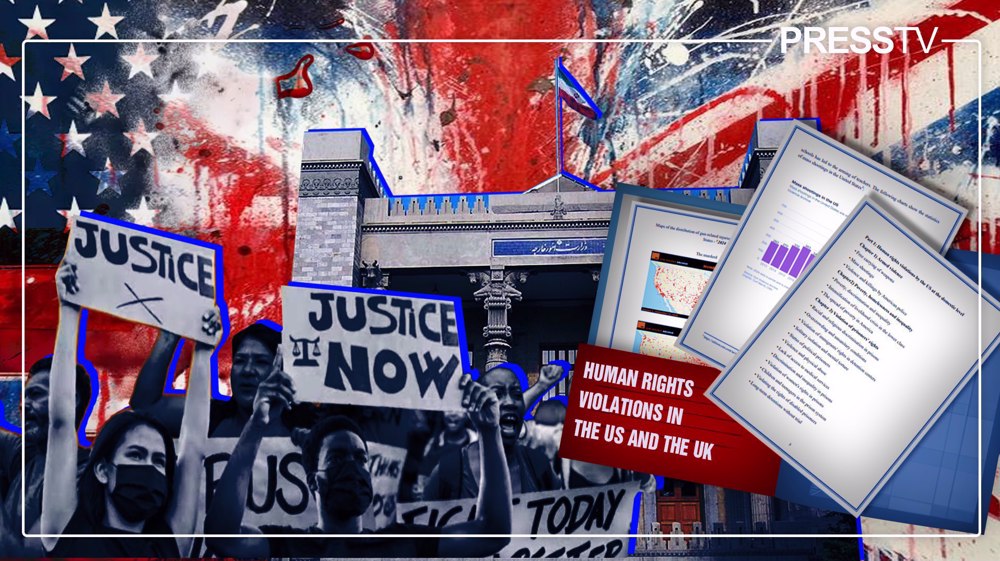
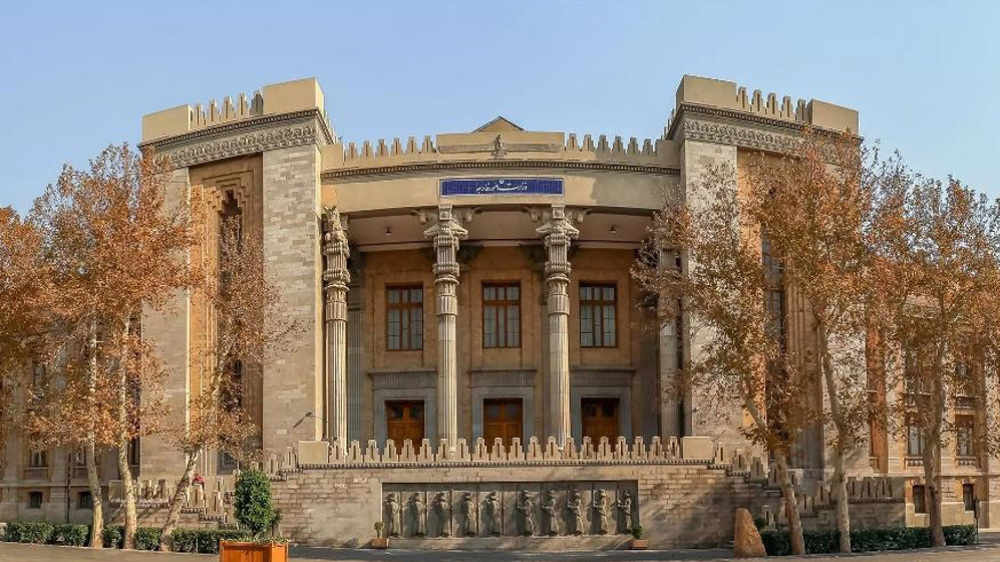





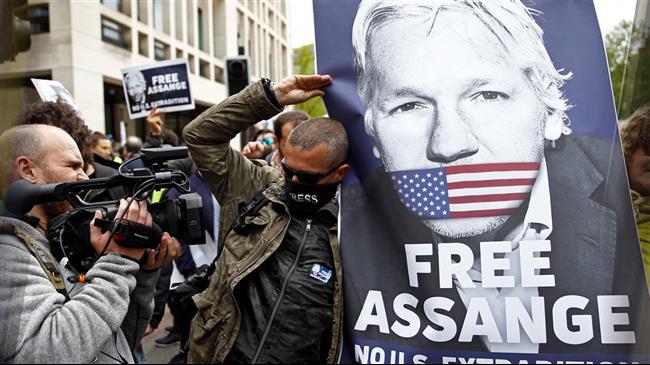
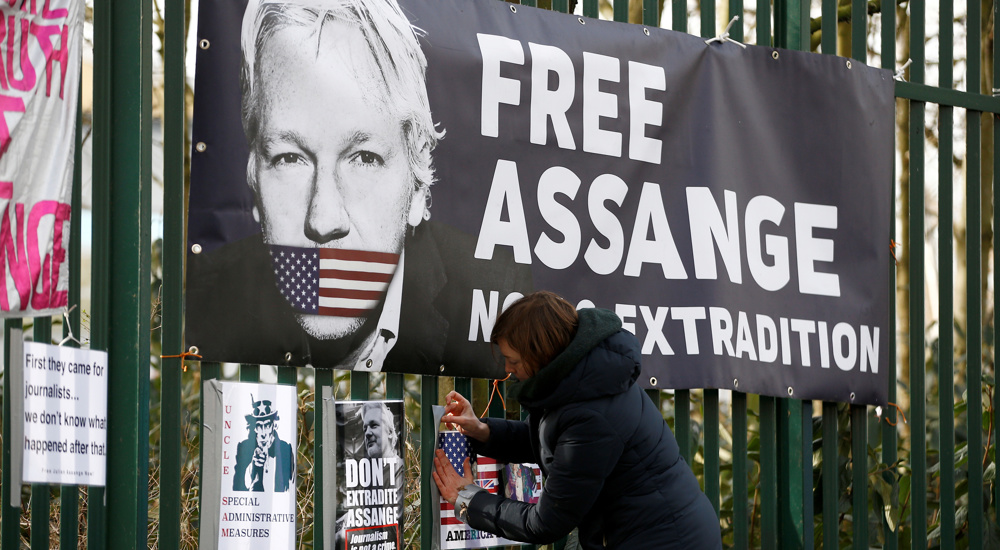

 This makes it easy to access the Press TV website
This makes it easy to access the Press TV website